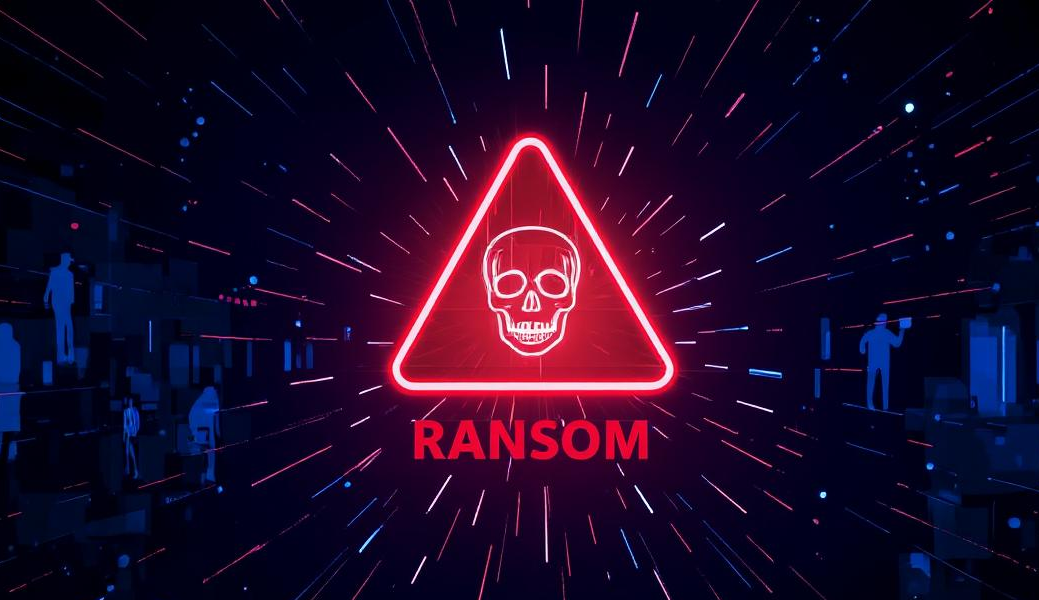This unprecedented cyber attack, exposing billions of records and costing victims millions, is a stark reminder that no organisation is immune to cyber threats. If a major corporation with extensive resources can fall victim, what does this mean for small businesses?

The Wake-Up Call: Why Small Businesses Should Pay Attention
While the headlines focus on multinational giants, the reality is that small businesses are increasingly targeted by cybercriminals. The scale of the recent breach highlights how attackers are becoming more sophisticated, relentless, and opportunistic. Small businesses, often with fewer resources and less mature cyber defences, are prime targets for ransomware and malware attacks.
The Alarming Reality: Small Business Cyber Security in 2025
- 1 in 5 small businesses in Australia will face a cyber attack this year.
- 75% of small businesses have already experienced at least one attack in the past 12 months.
- The average recovery cost now exceeds $40,000, a financial blow that can threaten business survival.
- 60% of small businesses hit by cyber attacks close within six months.
- Despite these risks, 80% of small businesses still lack formal cyber security policies.
The recent global breach underscores that attackers are not just after data—they want disruption, ransom payments, and access to critical systems. Small businesses must recognise that they are on the front lines of this escalating cyber war.
The Human Factor: The Gateway to Disaster
The largest data breach was not just about technology—it exposed how human error remains a critical vulnerability. For small businesses, this rings especially true. Common entry points include:
- Phishing emails: Employees opening malicious attachments or clicking on dangerous links.
- Unsafe browsing: Accessing compromised or malicious websites on company devices.
- Weak passwords and stolen credentials: Poor password management continues to fuel breaches.
The fix? Ongoing cyber security education. Staff need regular, practical training to identify threats and respond appropriately. This is not a one-time exercise but a continuous effort to build a security-aware culture.
Where Small Businesses Often Go Wrong
The global breach reveals common mistakes that small businesses must avoid:
Over-reliance on cyber insurance
Many assume insurance will cover all damages. However, policies often have strict conditions—such as requiring specific security measures or hardware onsite—and claims can be denied if these aren't met.
Neglecting regular IT reviews
Simply outsourcing IT support without proactive security assessments leaves gaps open for attackers.
Underestimating downtime costs
Beyond direct financial losses, business interruption and reputational damage can be devastating and are often not fully covered by insurance.
No System Is 100% Safe—But Preparation Is Everything
The recent breach proves that even the largest organisations can be compromised. Small businesses must accept that no defence is infallible. However, you can dramatically reduce risk by:
- Implementing regular, tested backups to ensure rapid recovery.
- Developing and practising an incident response plan.
- Using layered security measures including firewalls, endpoint protection, multi-factor authentication, and timely software updates.
Take Action Now: Don't Wait for Your Own Wake-Up Call
The world's largest data breach is a warning for all businesses—especially small ones. If you're relying on outdated systems, minimal staff training, or just cyber insurance, your business could be dangerously exposed.
It's time to act decisively. A professional cyber security assessment can uncover vulnerabilities, strengthen your defences, and prepare you for the unexpected. Protect your business before it's too late—contact Blue Moon IT today for expert guidance and peace of mind.
Key Takeaways:
- Small businesses are prime targets for cybercriminals, with 1 in 5 facing attacks in 2025
- Human error remains the biggest vulnerability—ongoing staff training is essential
- Cyber insurance alone isn't enough—proactive security measures are crucial
- No system is 100% safe, but preparation dramatically reduces risk
- Regular backups, incident response plans, and layered security are non-negotiable
- Professional security assessments can identify and address vulnerabilities before it's too late
